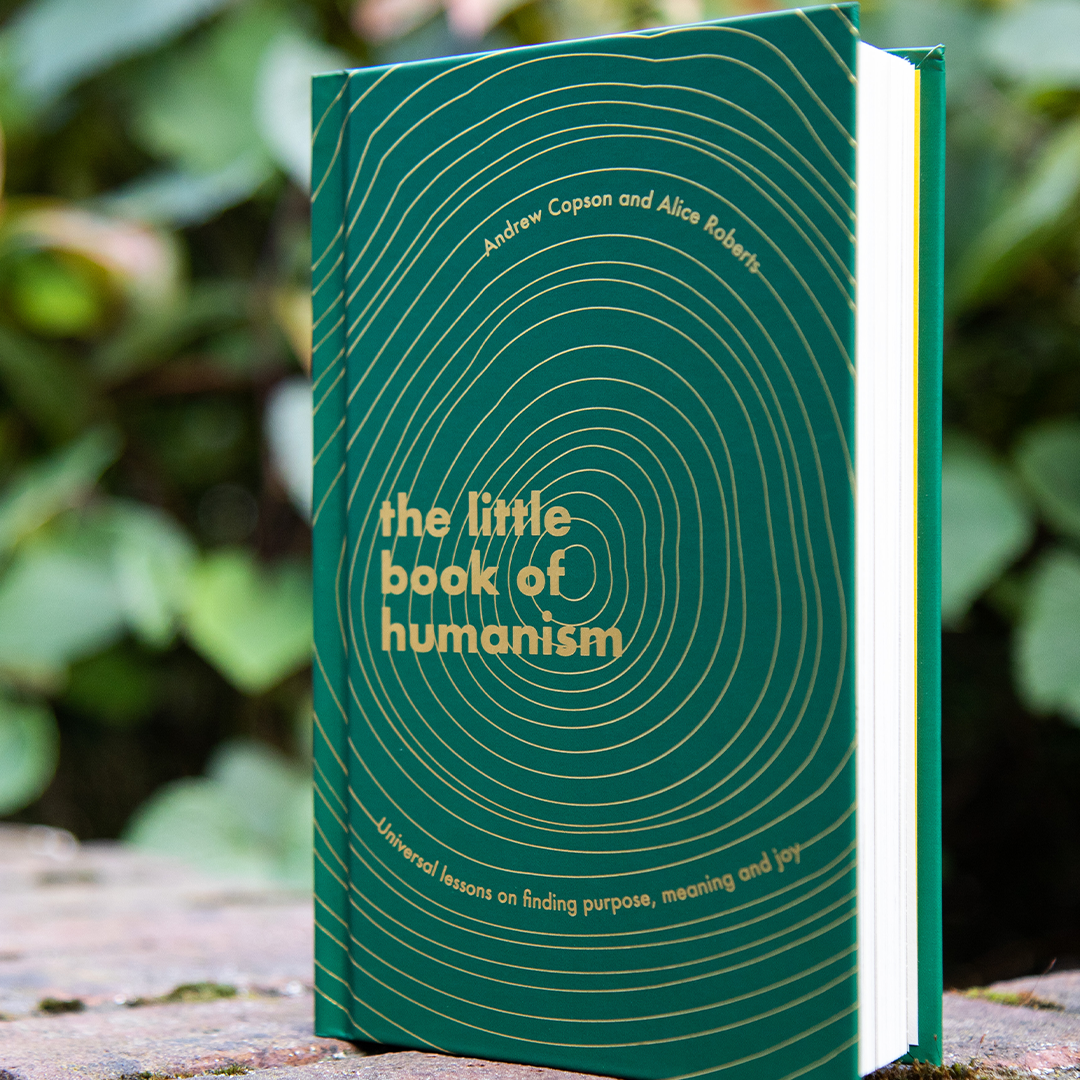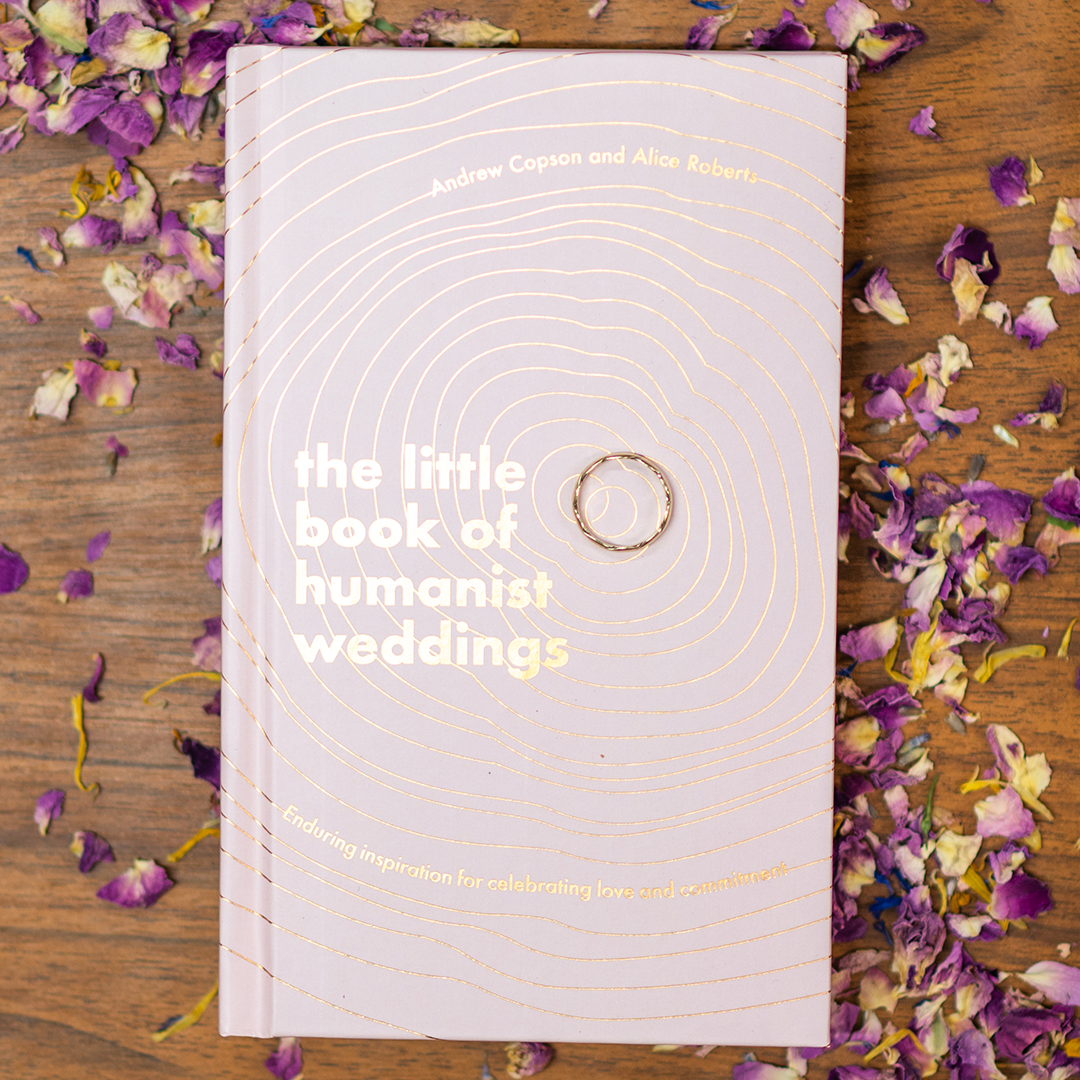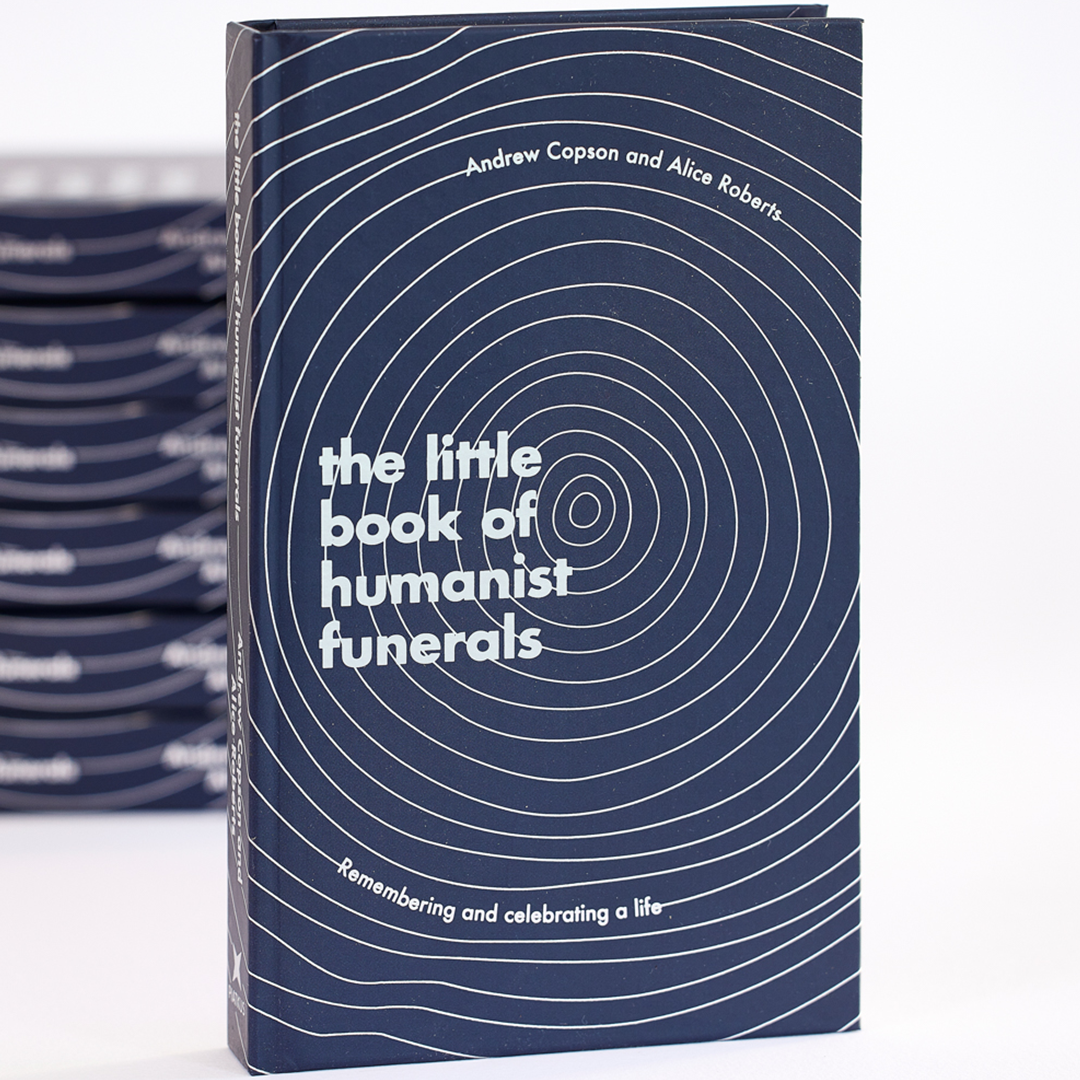
As part of our #HumanistBookshelf campaign, here are 12 humanist fiction classics that any lover of stories should have on their bookshelf. Of course, no such list is ever definitive. We’d love to hear your thoughts and additions!
Middlemarch by George Eliot
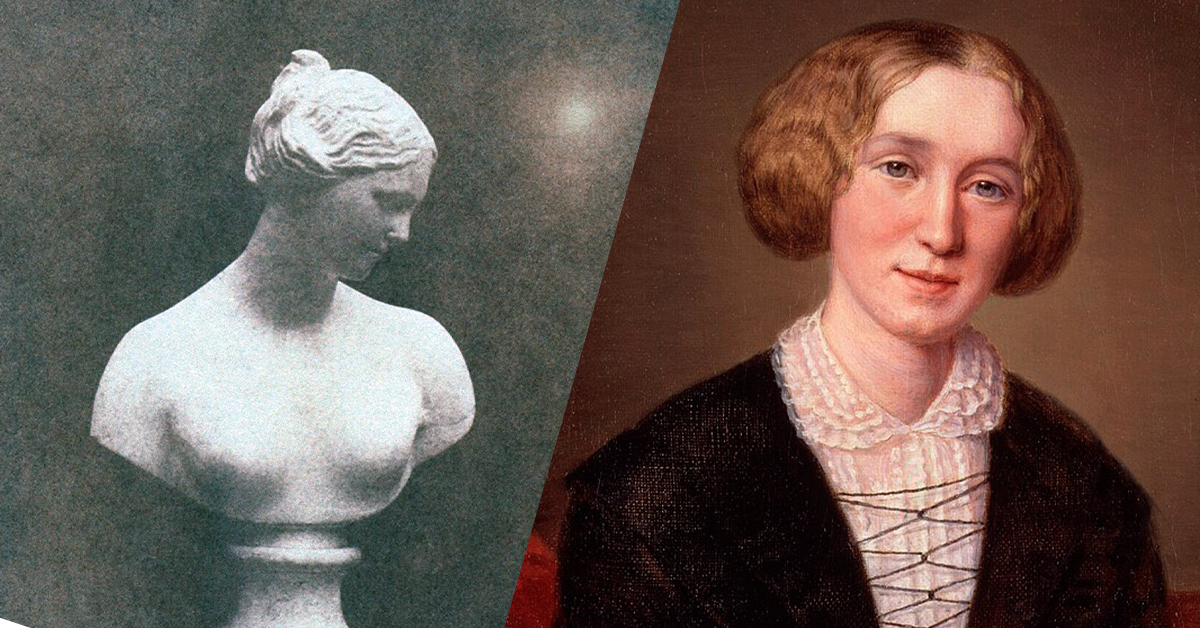
Feared by many for its sheer length, yet remembered fondly by all who’ve read it, is Middlemarch by George Eliot (the pen name of Mary Ann Evans). In many ways, Middlemarch is English literature’s ultimate social-realist novel, and the example today’s novelists have in mind when they set out to write something serious about the world we live in. Deeply political in its time, but entirely relatable in its themes and ideas even today, Middlemarch reads as a distinctively ‘modern’ story compared with other prominent Victorian novels. Written years after Eliot translated a number of important German and Dutch humanist philosophers into English, their ideas about human beings – how we create meaning in our lives and determine right and wrong by its effects on living people – suffuse her work and make its characters richer, deeper, and more alive for it.
Interesting, too, is that this is really a novel about a whole town, not just one human being. This gives Eliot’s novel a uniquely powerful sense of its characters’ interconnected lives, the complexities of human relationships, and the enduring power of individual agency in shaping the course of history.
Midnight’s Children by Salman Rushdie
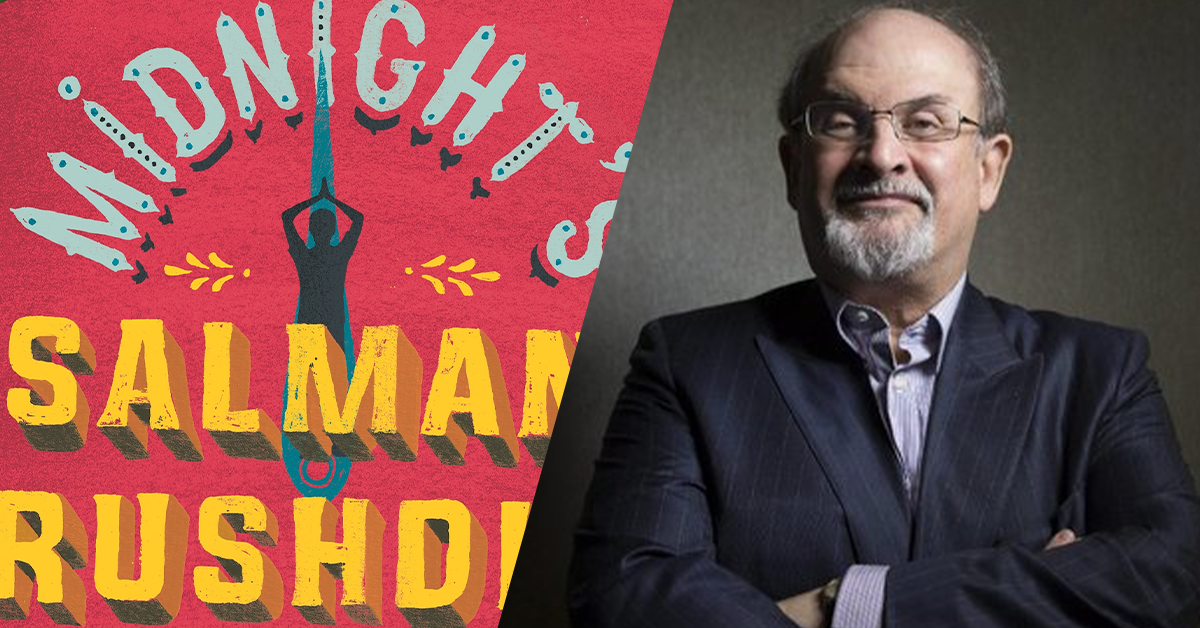
By no means his most famous work, but many would say his best, Midnight’s Children by Humanists UK patron Salman Rushdie is a monumental humanist work, intertwining history and magical realism to explore the conjoined destinies of India, Pakistan, and the people who call them home. The novel follows Saleem Sinai, born at the stroke of midnight on India’s independence, as he navigates personal and political upheavals. Rushdie’s narrative weaves a rich tapestry of characters and events, reflecting the diverse complexities of nations in flux. Through Saleem’s unique perspective and his extraordinary connection to other children born in that pivotal hour, the novel delves into themes of identity, nationhood, and the universal struggle for freedom. Midnight’s Children exemplifies humanist values of empathy, understanding, and the recognition of shared experiences, painting a vivid portrait of India’s journey that resonates on a personal level while managing to say something profound about the course of history, past and future.
To the Lighthouse by Virginia Woolf

With Virginia Woolf, you can make a case for any novel as a humanist classic. Here we’ve gone with To the Lighthouse, a luminous exploration of human consciousness and relationships, exemplifying humanist values through its intimate and achingly sympathetic portrayal of characters’ inner thoughts and emotional landscapes. Written in an innovative and at times disorienting Modernist style that emphasises shifting time and fluid perceptions, Woolf’s prose weaves a tapestry of interconnected lives, revealing the intricate dynamics of family and friendships. Through its introspective narrative, the novel delves into the complexities of art, time, and the passage of life, underscoring humanist concerns with thinking for oneself, using empathy, and recognising the shared experiences that bind us all. Contained in the novel, too, are affecting but not uncomplicated portraits of Virginia’s own parents (humanist writers Leslie Stephen and Julia Jackson), giving insight into the at-times difficult childhood that produced one of the century’s most gifted writers.
To the Lighthouse is one of Woolf’s most challenging novels for newcomers. If you’d like something a bit easier to start you off, we’d also recommend Mrs Dalloway – a humanist classic about high society, mental illness, bisexuality, and its title character’s ‘atheist’s religion of doing good for the sake of goodness’.
Howards End by EM Forster

What list of humanist classics could be complete without the masterpiece that is Howards End? EM Forster’s novel weaves together the lives of three families – loosely based on those of his Bloomsbury Group friends Virginia and Leonard Woolf – illuminating their diverse experiences and interactions. Its iconic humanist quote, ‘Only connect’, can be said to encapsulate the heart of the novel and its message, urging characters and readers alike to bridge divides and forge meaningful relationships. Through themes of social mobility, personal aspirations, and the clash between tradition and progress, the book embodies humanist values of empathy, understanding, and the recognition of shared humanity. As characters navigate their shifting world, Howards End serves as a profound meditation on the profound impact of human relationships and how these connections change both us and the world around us.
On Beauty by Zadie Smith
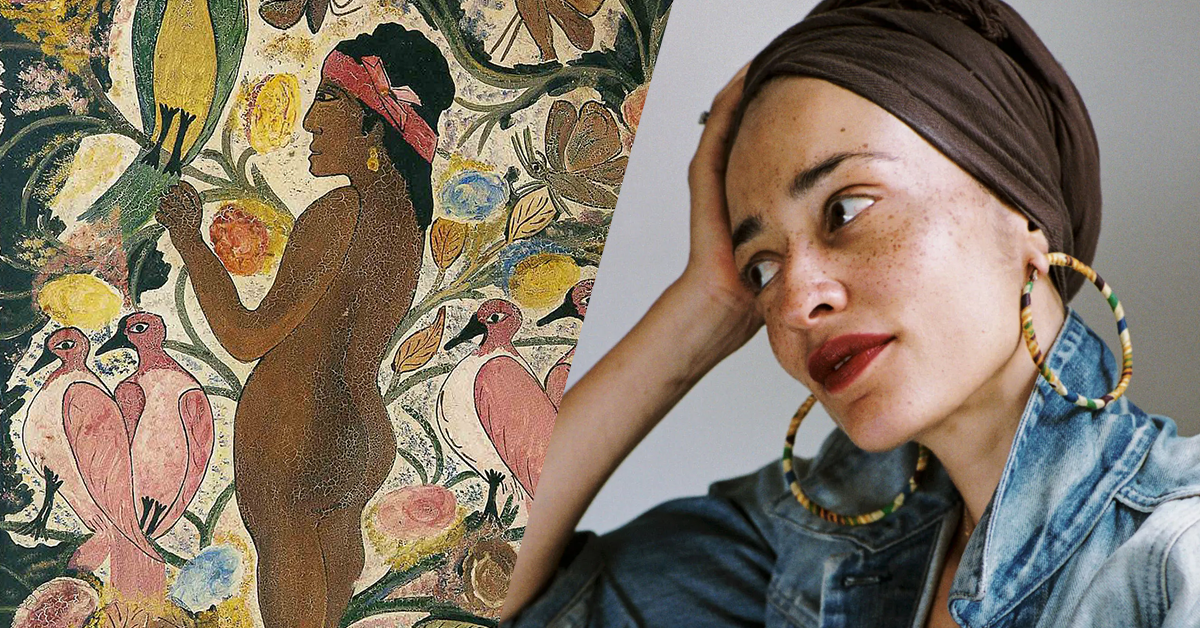
Directly inspired by Howards End, 2005’s On Beauty by Zadie Smith is a profound achievement that seamlessly marries intricate storytelling with a keen understanding of human nature. Though indebted to Forster as a master of style and storytelling, Smith crafts a wholly realised and completely fresh narrative in a world of uniquely complex characters, set against the backdrop of American liberal academia in the Bush era. As in Forster’s tale, the novel follows feuding families, this time grappling with issues of race, class, religion, personal identity, fidelity, family, Britishness, and Americanism. Its direct engagement with the humanist canon is evident from the very beginning, with a quote from Humanists UK’s own Harold Blackham framing the narrative: ‘We refuse to be each other.‘ A joy to read throughout, and considered by many to be Smith’s finest work, On Beauty discusses far more than just art, literature, and beauty as implied by its title. In fact, it has rather more to say about human nature, relationships, love, and the different and alike ways we each struggle to find happiness in this one life.
Saturday by Ian McEwan

Also from 2005, Saturday by Ian McEwan stands as a remarkable humanist work, engaging readers in a rich mosaic of human experiences across a single day. Much like Virginia Woolf’s Mrs Dalloway or James Joyce’s Ulysses, both of which were also set in a single day, McEwan bridges the gap between the professional and personal, using an intimate exploration of a neurosurgeon’s life and thoughts to bring the reader into an almost painful degree of sympathy with his unique challenges and aspirations. The lead character’s intense rationalism is reflected in the novel’s self-conscious style, too, and criticisms of magical realism and other modes of fiction that somewhat ironically hint at the third wall. In this way, McEwan’s character provokes the reader with a view that human lives are complex and fascinating enough as they are – no need for sprinkles on top. By interweaving one individual life with universal themes, Saturday creates a thoroughly humanist exploration of family dynamics, the ethical dilemmas we each face, and all the complexities of modern life, all the while championing our innate human capacity for empathy, connection, and moral introspection.
McEwan is today a patron of Humanists UK and lends support to its campaigns for a kinder, more rational society. Much like Woolf and the authors on this list, you could make a strong humanist case for just about everything in his bibliography!
Giovanni’s Room by James Baldwin
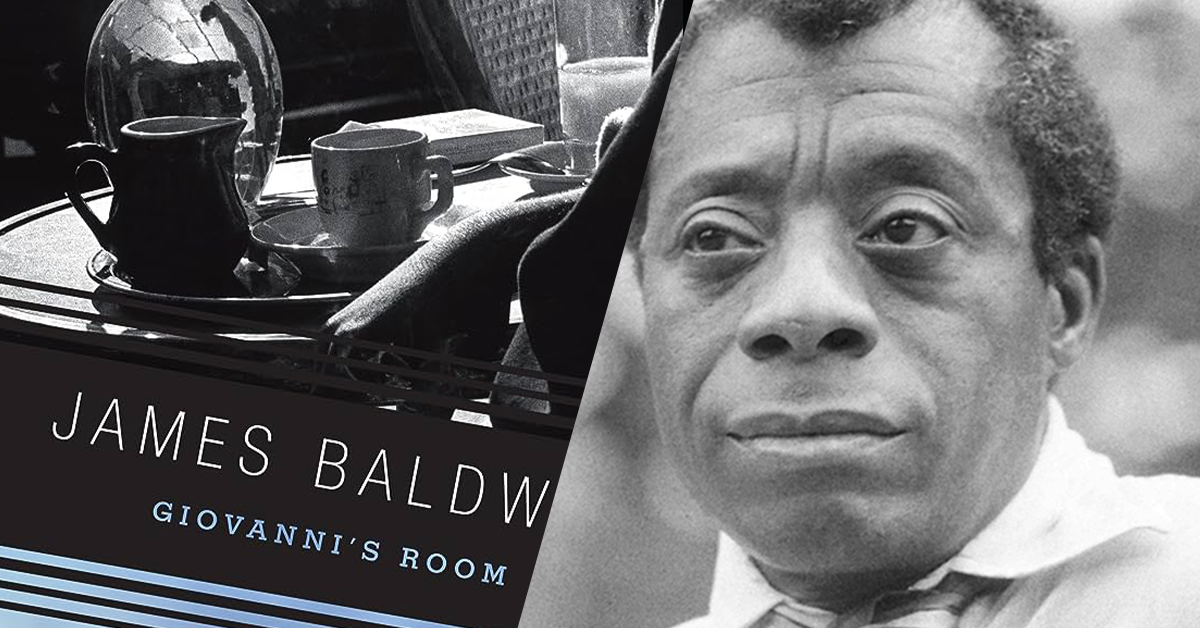
Giovanni’s Room deserves its place on any humanist bookshelf for its courageous exploration of love, sexuality, and the universal struggle for self-knowledge, self-love, and acceptance. Featuring a multinational cast of characters against the backdrop of queer bohemian 1950s Paris, Baldwin’s characters navigate emotional landscapes that transcend boundaries of language, culture, and class, fostering empathy and understanding while highlighting the significance of individual autonomy and the timeless quest for self-discovery. In many ways the humanist lens through which Baldwin views the world is at its most subtle in Giovanni’s Room, presenting one of his most acutely realised portrayals of love, heartbreak, and suffering. Published in 1956, it was also a fearless decision by the author. Through profoundly moving prose that can make even the most cold-hearted adults weepy, works like Giovanni’s Room fired a starting pistol for the gay civil rights movement to come.
Their Eyes Were Watching God by Zora Neale Hurston
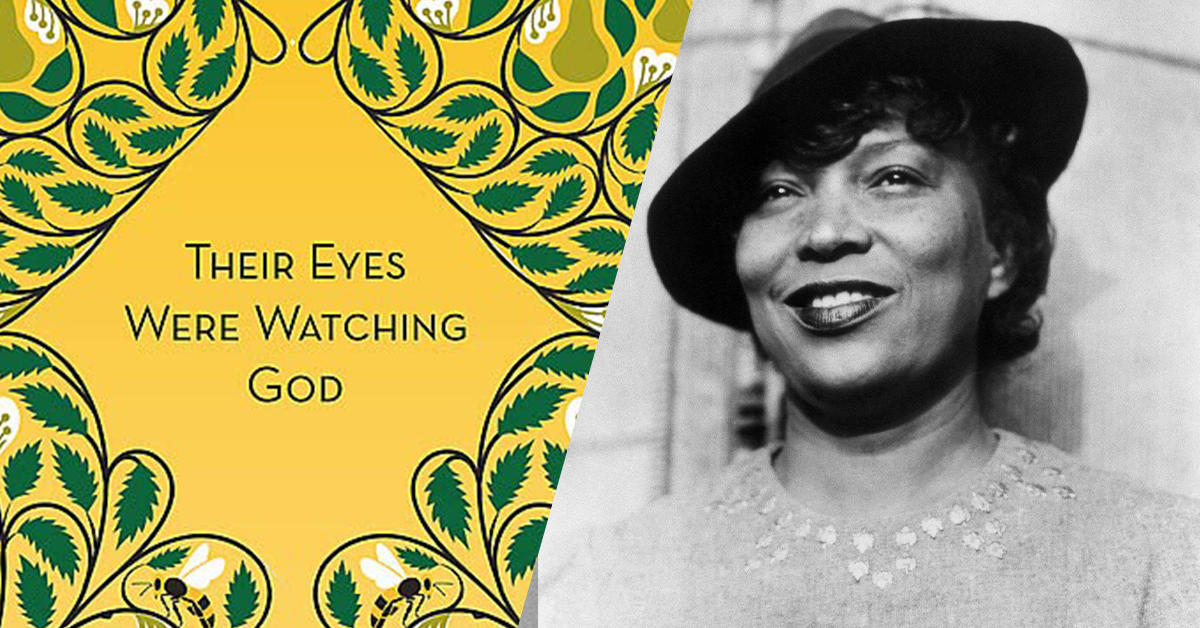
You’d think a book titled Their Eyes Were Watching God would be the book of a devout Christian, but Zora Neale Hurston was anything but – she wrote some of American literature’s most moving, profound, and scientifically literate articulations of a humanist view of life, morality, and the nature of the universe. Their Eyes, set in the rural South in the aftermath of the Civil War, is the story of Janie Crawford, a young black woman whose life is circumscribed for her by the expectations of her parents, her husbands, and society itself, and who yearns, full of feeling, for personal fulfilment. This innovative psychological focus on a woman’s longing and her desires – physical, emotional, and intellectual – drives the whole of the book’s narrative forward. There is no explicit discussion of Hurston’s own atheist outlook in the novel, but through Janie’s eyes we see a world where disaster, disease, poverty, human cruelty, and the forces of history align with structural biases in society to snare and direct the course of our lives. Yet even in such grim confines, Hurston’s narrative shows that we can find joy through friendship, sensuality, reading, humour, and in discovering and learning to love our authentic self. It’s in this focus on agency that the overt humanism of Hurston’s non-fiction writing comes most to the fore.
Though she died in penniless anonymity, Hurston is celebrated now as the undisputed Queen of the Harlem Renaissance, and the spool of much of contemporary American and British fiction can be unwound to find Their Eyes, exerting a profound influence on writers from the UK such as Zadie Smith and Bernadine Evaristo.
A Raisin in the Sun by Lorraine Hansberry
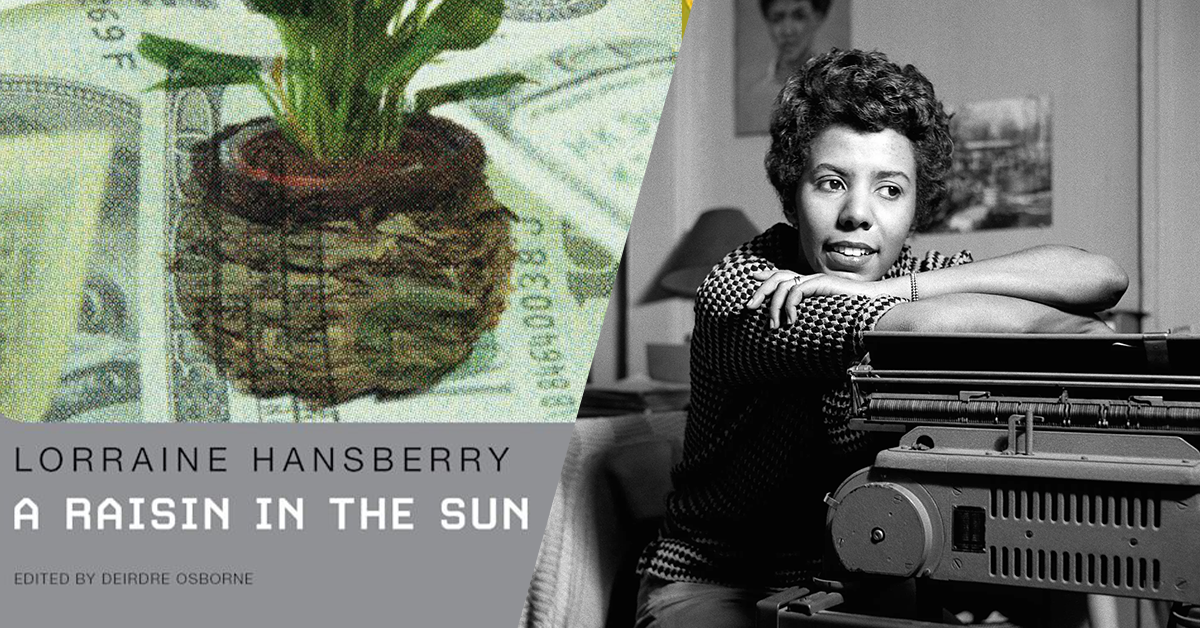
First performed on Broadway in 1959, A Raisin in the Sun by Lorraine Hansberry is a poignant humanist exploration of the African American experience and the universal pursuit of dreams in the face of adversity. The play follows the Younger family as they grapple with social and economic challenges while striving for a better life. Through their hopes, fears, and conflicts, Hansberry’s narrative confronts issues of race, identity, and social injustice head-on, embodying humanist values of resilience, empathy, and the quest for equality. Uniquely among Broadway plays at the time (but by no means unique among the major African-American writers of the 50s, such as James Baldwin, Richard Wright, or Zore Neale Hurston), Hansberry also delves into explicitly atheist and humanist themes, particularly through the main character’s struggles with faith and spirituality, highlighting her reliance on inner strength and a humanist appraisal of human achievement and triumph. The Younger family’s struggles mirror the broader aspirations and challenges of marginalised communities, making A Raisin in the Sun a timeless reflection of the indomitable human spirit, the enduring pursuit of a brighter future, and the indomitable strength of the human will.
The Name of the Rose by Umberto Eco

The only entry on this list not written by a British or an American author, or indeed originally written in English, The Name of the Rose by Umberto Eco is an unusual but captivating humanist work that masterfully blends historical intrigue, philosophy, and mystery. Set in a Benedictine monastery in the 14th century, the novel follows Brother William of Baskerville as he investigates a series of murders. Through its intricate plot and labyrinthine library, the story delves into questions of knowledge, censorship, and the power of ideas. Eco’s narrative embodies humanist values by exploring the tension between faith and reason, emphasising the importance of critical thinking and intellectual exploration. As Brother William unravels the secrets of the monastery, The Name of the Rose serves as a thought-provoking reflection on the timeless pursuit of truth and the enduring relevance of humanist ideals in understanding the complexities of the world.
Howl’s Moving Castle by Dianna Wynne Jones

When many people hear the words Howl’s Moving Castle, they think of the enchanting 2004 animated movie from Hayao Miyazaki. But the original 1986 children’s story, by the remarkable humanist writer Dianna Wynne Jones, stands up as a remarkable testament to the power of human imagination and creativity in its own right, and a example of how novelists working from a humanist set of beliefs about the nature of reality can still spin magic and inspire wonder in children and adults alike. Set in a whimsical world where magic and reality seamlessly intertwine, the novel invites readers on a captivating journey that goes beyond mere escapism. At its heart, the story reflects the essence of Wynne Jones’ humanist values by celebrating the complexity and agency of her beloved characters. Through the transformation of the protagonist, Sophie, from a timid older sister to a strong and independent woman, the novel portrays the inherent capacity of humans to adapt, grow, and shape their own destinies. Wynne Jones beautifully weaves themes of identity, self-discovery, and the pursuit of one’s true potential, reminding us that we possess the ability to overcome challenges and redefine our paths. Howl’s Moving Castle makes a powerful case for having works of fantasy on your humanist bookshelf, and how through fantasy we can weave narratives that inspire us to question, explore, and embrace the diversity of human experiences.
Good Omens by Terry Pratchett and Neil Gaiman
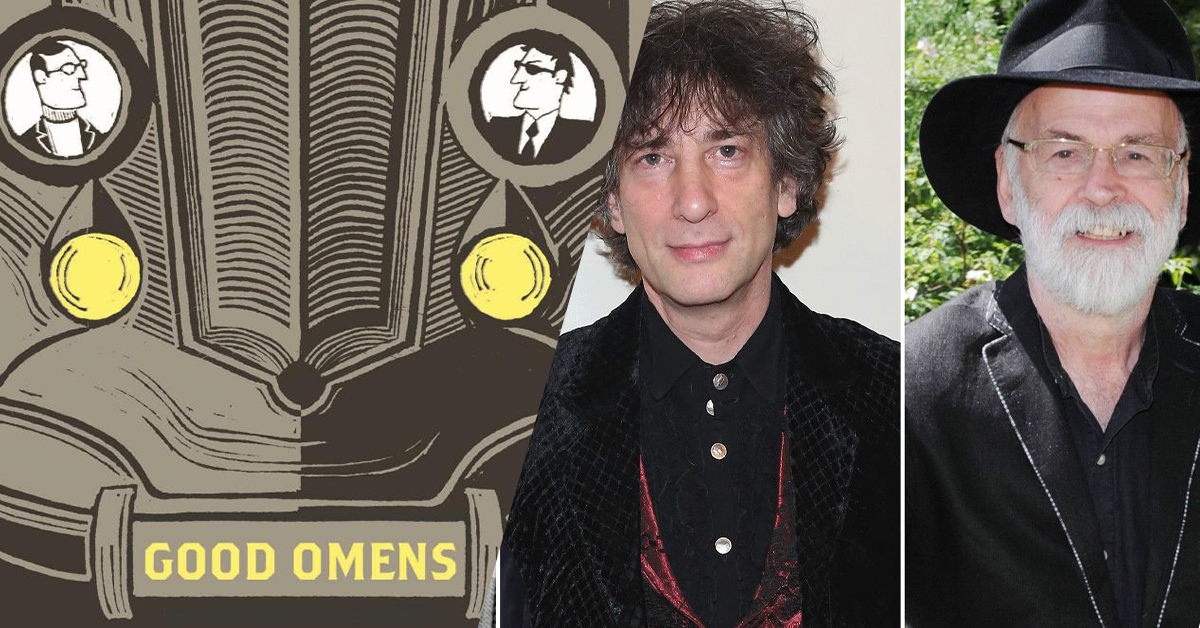
We’re ending this list with a modern classic from the late Humanists UK patron Terry Pratchett and his equally brilliant writing partner Neil Gaiman. This subversive humanist satire playfully explores the cosmic clash between good and evil while celebrating the quirks of humanity. Indulging in the sci-fi and fantasy tropes of Christian mythology while mining them for a deeper humanist commentary on human nature, free will, and religion itself, the story follows an angel and a demon who team up to defy their masters and prevent the apocalypse. Along the way, they discover a shared fondness for Earth and its inhabitants. With a whimsical blend of wit and wisdom, the book upends the tropes of typical good vs evil stories, and underscores humanist values of individual agency, compassion, and recognising the absurdities of life. And for TV lovers, the two characters have been brought to life wonderfully by Michael Sheen and David Tennant in a faithful television adaptation currently on Amazon Prime, too, so go check it out!
Join the conversation
We’ve confined this list almost entirely to British and American authors writing in English, only because we had to draw a line somewhere. We’d be very interested in writing about a wider selection of authors as the #HumanistBookshelf campaign goes on. You can let us know your picks for a #HumanistBookshelf using the hashtag on X/Twitter and Instagram.
And of course, the distilled wisdom of these authors (and many more) is available to buy through The Little Book of Humanism today, if you’re not sure where to start with building your own humanist bookshelf.
Why not start your own humanist bookshelf?
Our Little Book series is the perfect introduction to the humanist approach to life, and looks good on any bookshelf!
Notes
Humanists UK is the national charity working on behalf of non-religious people. Powered by 110,000 members and supporters, we advance free thinking and promote humanism to create a tolerant society where rational thinking and kindness prevail. We provide ceremonies, pastoral care, education, and support services benefitting over a million people every year and our campaigns advance humanist thinking on ethical issues, human rights, and equal treatment for all.

